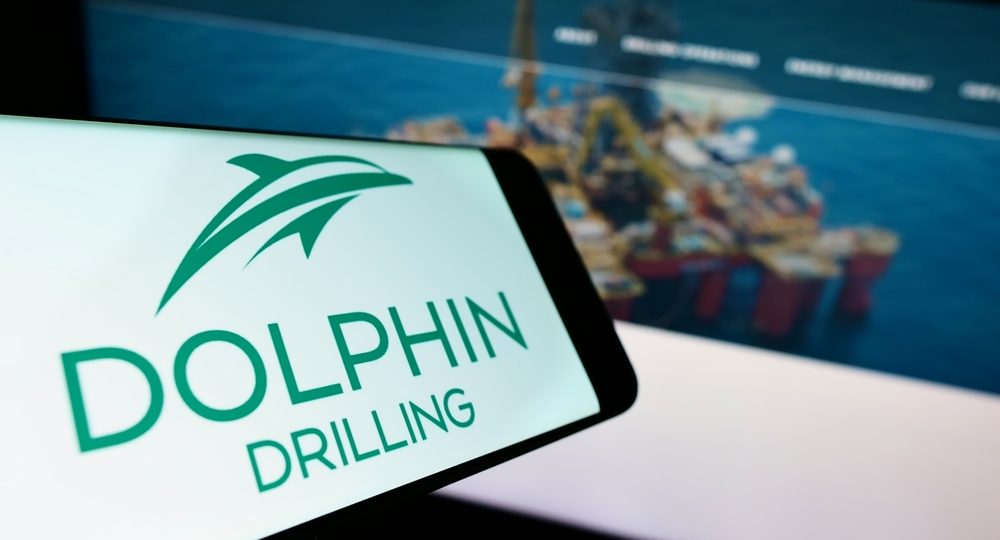HMRC has been successful in an appeal involving Dolphin Drilling Ltd (“Dolphin”) in relation to the deductibility of vessel hiring costs when calculating profits for ring-fenced corporation tax. The Court of Appeal has clarified the meaning of the word “incidental” in the context of the oil contractor activities rules, which is likely to be of interest to offshore oil operators as well as practitioners dealing with other areas of tax law.
Anastasia Nourescu and Guy Bud consider the Court of Appeal’s approach to the interpretation of the oil contractor activities rules and the impact of its decision.
Background to the appeal
In HMRC v Dolphin Drilling Ltd [2024] EWCA Civ 1, the Court of Appeal considered whether Dolphin fell within the scope of the oil contractor activities regime in Part 8ZA of the Corporation Tax Act 2010 (“CTA 2010”). This legislation provides for the ring-fencing of profits from offshore oil contractor activities by imposing a “hire cap” limiting a contractor’s ability to deduct payments under a lease of a “relevant asset”.
As explained in our previous article, section 356LA of CTA 2010 provides that an asset qualifies as a “relevant asset” if it is movable or if it “can be used” to drill for oil or provide accommodation for offshore workers. However, there is an exception to this provision in section 356LA(3), which states that where an asset can be used for accommodating offshore workers, it is not deemed to be a relevant asset “if it is reasonable to suppose that its use to provide accommodation for offshore workers is unlikely to be more than incidental to another use, or other uses, to which the asset is likely to be put”.
The dispute centred on whether a tender support vessel (“TSV”) called the Borgsten Dolphin (“Borgsten”), which provided tender assisted drilling services to a minimum facility drilling platform (“MFP”), could be said to be a “relevant asset”. Dolphin and HMRC agreed that the Borgsten was movable and capable of accommodating offshore workers but disagreed as to whether the accommodation function was likely to have been more than “incidental” to the primary tender assisted drilling services.
The parties’ arguments and the decisions of the First-tier Tribunal (“FTT”) and the Upper Tribunal (“UT”) focused on the meaning of the words “incidental” and “more than incidental” in section 356LA(3). The FTT and UT found in favour of Dolphin, holding that providing accommodation for offshore workers was no more than incidental to another use if it was subordinate or secondary to that other use. HMRC appealed. After a hearing in December 2023, the Court of Appeal issued its decision on 11 January 2024, allowing HMRC’s appeal and overturning the FTT and UT decisions.
The meaning of “incidental”
The Court of Appeal’s decision turned entirely on a point of statutory construction. The court considered the background to the legislation and noted its purpose, namely that it “was designed to combat what was perceived to be a practice of moving profits in fact derived from the UK offshore oil sector outside the UK tax net, and that after consultation the Government decided to confine the new legislation to what could be described as drilling rigs and accommodation vessels”. However, this did not reveal the scope of the regime beyond what was apparent from the legislation as enacted.
As regards case law on the meaning of the word “incidental”, the court had little to go on. The only case directly on this point is the decision of Vice-Chancellor Pennycuick in Robson v Dixon [1972] 1 WLR 1493, which considered the residence of an airline pilot for UK income tax purposes. The court found this to be helpful and, while reluctant to adopt the exact findings in that case, agreed that use A cannot be said to be “no more than incidental” to use B “if it serves an independent purpose of its own, unconnected with use B, at any rate if that purpose is of some significance and not trivial or casual”.
Looking at the ordinary use of the language, the court held that in considering whether the use of the Borgsten as accommodation for offshore workers was incidental to its other uses, it had to decide whether its use as accommodation:
- was an independent end in itself,
- was unconnected with its other uses, or
- was something that arose out of its other uses.
The court found that the use of the Borgsten as accommodation was an independent end in itself. It was not simply something that arose from its use as a TSV supplying tender assisted drilling services to the MFP; it was also used as an accommodation vessel. Even if this was a “secondary” use, it was still a “significant and independent use and not incidental to its other uses”. The court accepted that both the accommodation and other services enabled the drilling campaign to take place, but this did not mean that one use was incidental to the other.
The Court of Appeal concluded that it was not reasonable to suppose that using the Borgsten as accommodation was likely to be no more than incidental to its other uses. Therefore, the exception in section 356LA(3) did not apply, and the Borgsten was a relevant asset subject to the oil contractor activities regime. HMRC’s appeal was, therefore, allowed.
Wider impact
The Court of Appeal’s judgment will be relevant to UK oil and gas operators, particularly as almost all UK oil comes from offshore fields. MFPs are attractive alternatives to conventional drilling platforms due to their low cost, and MFPs cannot operate without receiving tender assisted drilling services, which TSVs provide. Although it may appear this case arises in a niche context, in practice, offshore operators may face this scenario and wish to benefit from the exception to the hire cap in the oil contractor activities rules relatively frequently. The announced reform to the oil and gas fiscal regime may well change the operation of the rules, but for the time being, they are here to stay.
The case will also be of wider interest due to the Court of Appeal’s consideration of the meaning of an “incidental” use or purpose. This wording comes up in various contexts in the UK tax code, particularly in anti-avoidance provisions. As the court found, there is little precedent on what “incidental” and “more than incidental” mean, so the guidance in the decision may have a far-reaching impact. It seems doubtful that an “independent end in itself” is necessarily easier to spot in practice than an “incidental” one. However, the Court of Appeal’s approach does at least bring the definition more closely in line with the commonly encountered “main purpose” test scattered across other legislative enactments.
Dolphin has already announced its intention to appeal the Court of Appeal decision to the Supreme Court. This is unsurprising given Dolphin’s success before the FTT and the UT on this finely balanced point of statutory construction, which leaves room for further argument. The wider impact the Court of Appeal’s findings would have on Dolphin’s operations has no doubt also informed this decision.
You can find further information regarding our expertise, experience and team on our Tax Litigation and Resolution page.
If you require assistance from our team, please contact us.
Subscribe – In order to receive our news straight to your inbox, subscribe here. Our newsletters are sent no more than once a month.







